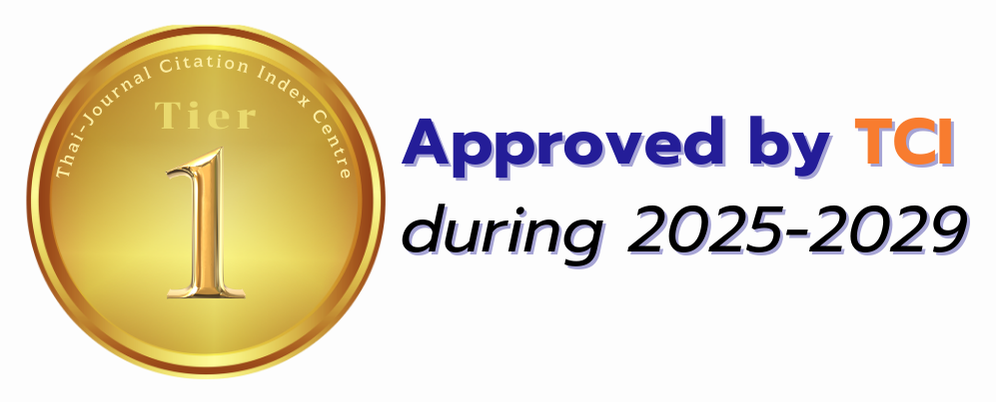Predictors of success or failure in artificially inseminated buffalo cows in Baybay city, Leyte, Philippines: An unmatched case-control study
Keywords:
Bubalus bubalis, buffalo, artificial, insemination, PCC, PhilippinesAbstract
A case-control study was conducted to identify the factors associated with the success or failure of artificial insemination (AI) of buffaloes in Baybay City, Leyte, Philippines. The cow-calf pair was used as the unit of interest in this study regardless of breed and number of buffalo cows the farmers own. Of the 24 selected barangays, an equal number of cases (38 failed AI) and control (38 successful AI) were selected from 78 farmercooperators of the Philippine Carabao Center (PCC) AI program and data were collected using a questionnaire. On the one hand, our study found that every year increment beyond the age at first breeding of the cow could predispose the animals to fail by as much as 2.5 times when compared to younger cows. On the other hand, a monthly increment in the calf weaning age may increase the likelihood of AI success by as much as 50%. These results imply that the age at first breeding must be conscientiously considered to allow optimal sexual and physical maturity of the breeding cows while ensuring that first breeding does not occur with too much delay. Moreover, while more mature calves have higher chances of success at weaning, provision of wallow during pregnancy also appears to support AI success as an effective method of cooling.





.png)








